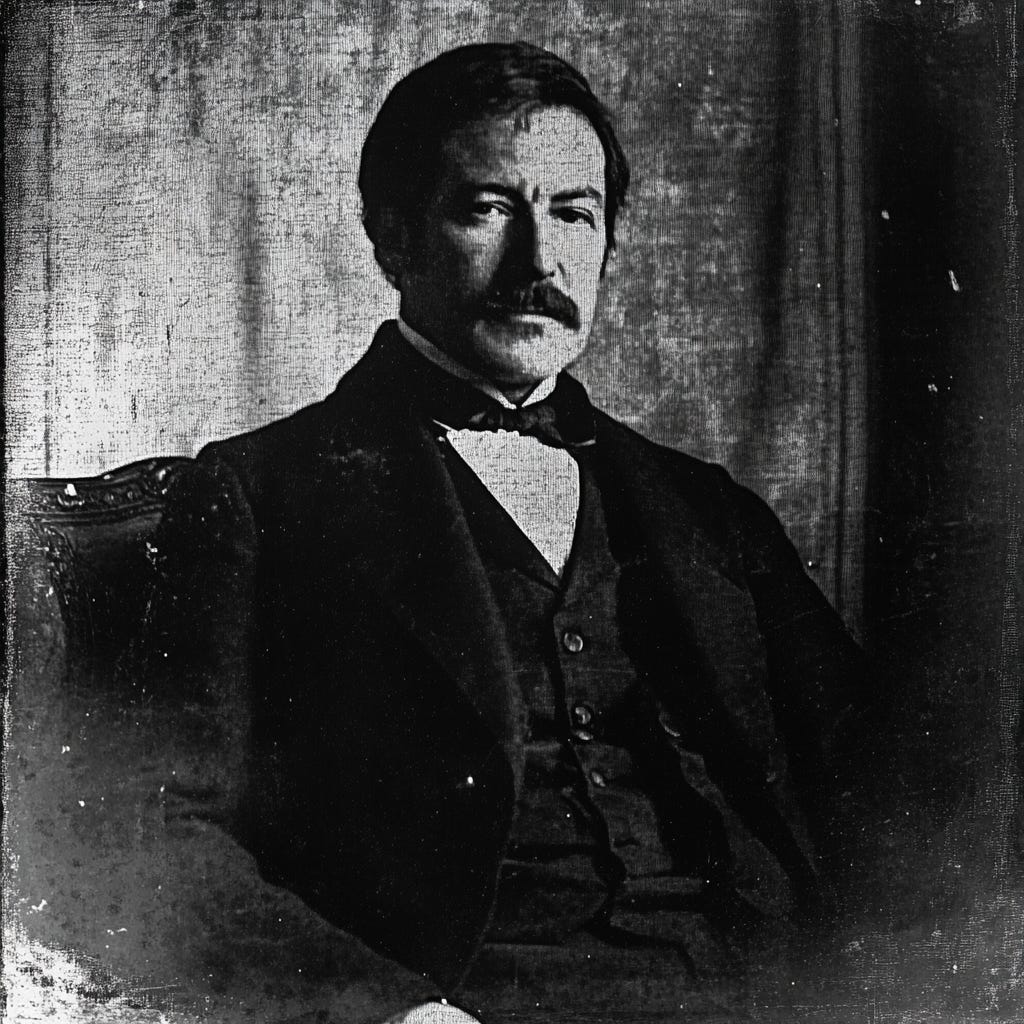"Forgiveness is the Ultimate Revenge": The Execution and Exoneration of John Gordon
In February 1845, Irish immigrant John Gordon became the last man executed in the state of Rhode Island. More than 165 years later, his name was finally cleared when he was officially pardoned
Background
In the spring of 1844, Irish immigrants John Gordon and his brothers William and Nicholas stood trial for the brutal murder of one of Rhode Island’s most prominent citizens, a wealthy industrialist named Amasa Sprague.
From the start, the trial and its coverage were tainted with overt anti-Irish and anti-Catholic prejudice. The jury was instructed by the judge to give more weight to Yankee witnesses than Irish witnesses.
The judge did not attempt to mask his bias. He sustained nearly every objection raised by the prosecution and overruled almost any objection brought by the defense. Even with this sham trial, only one of the defendants, John Gordon, was found guilty.
On February 14, 1845, he became the last person to be executed in the state of Rhode Island. Seven years later, in 1852, Rhode Island abolished capital punishment, due in part to the circumstances surrounding Gordon’s execution.




